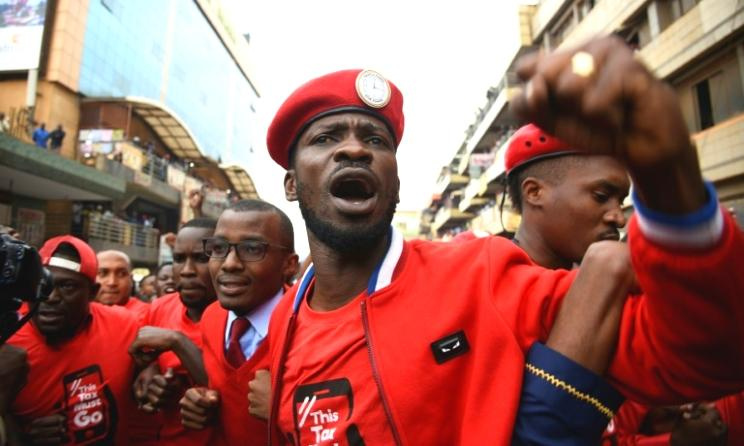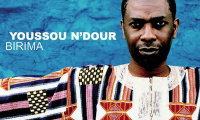Uganda censorship law set to bolster Bobi Wine's popularity
As Uganda prepares to curtail freedom of expression through regulations that seek to vet new musical compositions, musician-turned-politician Bobi Wine stands to gain even more popularity as a vehement critic of President Yoweri Museveni autocratic rule.
 Ugandan musician and MP Bobi Wine.
Ugandan musician and MP Bobi Wine.
Last year, Bobi Wine was a topic of worldwide rights discussions after security personnel arrested and tortured him in August. The new drafted law, which is expected to be passed by cabinet by March, will usher in various restrictions including requiring artists and filmmakers to submit song lyrics and film scripts for approval. Artists will also have to seek government permission to perform outside Uganda. If found to be in gross breach of the guidelines, they will have their artistic licences revoked.
The proposed laws, which are in direct contravention of the Constitution, will undoubtedly impassion Uganda's youth to follow progressives such as Bobi Wine, an independent, who many analysts believe could be in line to succeed Museveni, 74, as the country's president. This is provided that election rigging, as was the case in 2016, does not take place in the next presidential polls set for 2021.
“It’s true that my brutalisation attracted the attention of the world and I intend to use this microphone to represent others and to make sure that such a thing does not happen again,” Bobi Wine told Music In Africa last year. "There are leaked videos showing how the Ugandan police brutalised innocent citizens in broad daylight and some in front of the cameras. So many people have been killed and nobody has followed up on the cases.”
Bobi Wine is enjoying unwavering support from Uganda's disillusioned under 30s, who according to official data make up 75% of the East African nation's population. This support makes the Kyadondo East MP, and his People Power, Our Power movement, a major threat to Uganda's political hegemony led by Museveni since he came into power in 1986.
But Bobi Wine says he does not harbour presidential ambitions, at least for the time being.
"Being the president of Uganda is a huge responsibility and as I have always insisted, it is not my drive at the moment,” Bobi Wine, whose real name is Robert Kyagulanyi, said. “I need Ugandans to understand that even if we do not have weapons, governmental or legislative power, we can still fight for a better Uganda we have all dreamt of. Moreover, once we achieve that, we can always cross the next bridge when we get to it.”
Museveni’s disapproval of Bobi Wine appeared to take a more resilient character when the singer was instrumental in rallying fellow opposition MPs to vote against a bill seeking to scrap the presidential age limit in late 2017. Despite the opposition's efforts, the constitutional amendment was overwhelmingly approved and later signed by Museveni himself. Since then, Bobi Wine has been a target of security personnel, who, apart from 2018's arrest, have raided and cancelled his concerts. One of his most recent altercations with the police took place at a Boxing Day event at his privately owned One Love Beach in Busabala, Kampala.
“Friends, the situation at One Love Beach is tense," he posted on Facebook. "It has been turned into a war zone. As if the raid last night was not enough, this morning they blocked the roads leading to the beach and announced that our Boxing Day show is off. As I said, yesterday, they did the same thing and disrupted two concerts at which I was meant to perform.”
Bobi Wine was in St Ann, Jamaica, at the weekend where he performed at Rebel Salute festival. Come March, he would be expected to seek permission to perform abroad from the same regime responsible for his brutalisation last year – a highly unlikely prospect that could irk Museveni further and land the musician in hot water. But it seems like the more the Ugandan government tries to gag Bobi Wine, the more points he will score with ordinary citizens.























Commentaires
s'identifier or register to post comments